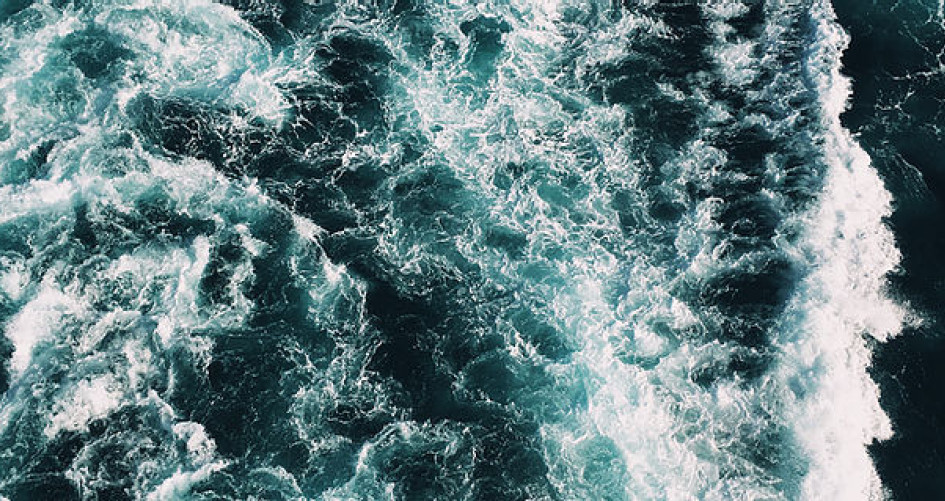A HEALTHY AND PRODUCTIVE OCEAN FOR A RESILIENT AND NET-ZERO FUTURE
It’s 2050. To the naked eye, the world’s Oceans look much the same as they did three decades ago. They still cover 71% of the Earth’s surface; they still helps stave off the worst effects of temperature rise through their capacity for heat storage, absorbing 25% of the CO2 emissions; and they still house an abundance of marine life that support the diets of billions of people.
Many changes have occurred which have rendered our Oceans and coastal zones much healthier and more resilient than previously.
A vibrant, equitable and sustainable Ocean economy has spurred inclusive wellbeing around the world. We have succeeded in adopting a holistic and sustainable approach where Ocean production and protection go hand-in-hand. Oceans are 100 per cent sustainably managed, and the objective of protecting 30 per cent of the world’s Oceans by 2030 has been met and even exceeded.
The impulse for many of these changes came from the collective decision by world governments to promote Ocean-related natural solutions as a key part of global efforts to mitigate and adapt to climate change.
Particularly critical were measures to strengthen the carbon-storage capacity of coastal blue carbon ecosystems (mangrove forests, sea grass meadows and saltwater marshes). Ongoing efforts to protect and restore these ecosystems reduced their release of carbon and increased the removal of atmospheric carbon. Numerous social benefits also resulted, from improved storm and flood protection to the provision of sustainable livelihoods (especially in fisheries).
Companies underwent a radical transformation to conduct nature-positive activities and significantly contribute to reverse the loss of these ecosystems.
Recent decades also saw additional major transformations in marine-linked industries. The shipping sector is particularly notable in this respect, with advances in sustainable fuels making long-distance ocean transport far cleaner than previously.
In parallel, energy companies are finally tapping the potential of the Oceans’ innate power. After decades of large-scale investment, offshore wind farms now occupy an important place in the global clean electricity mix.
The aquatic food industry adopted sustainable and climate-smart practices. The supply chain and consumption patterns fostered responsible consumption, improved diets and minimized loss and waste. The industry has sustainably increased its production to feed a population of 10 billion.
While our Oceans still face many challenges, the risk of them becoming a tipping point for catastrophic climate change has receded significantly.

